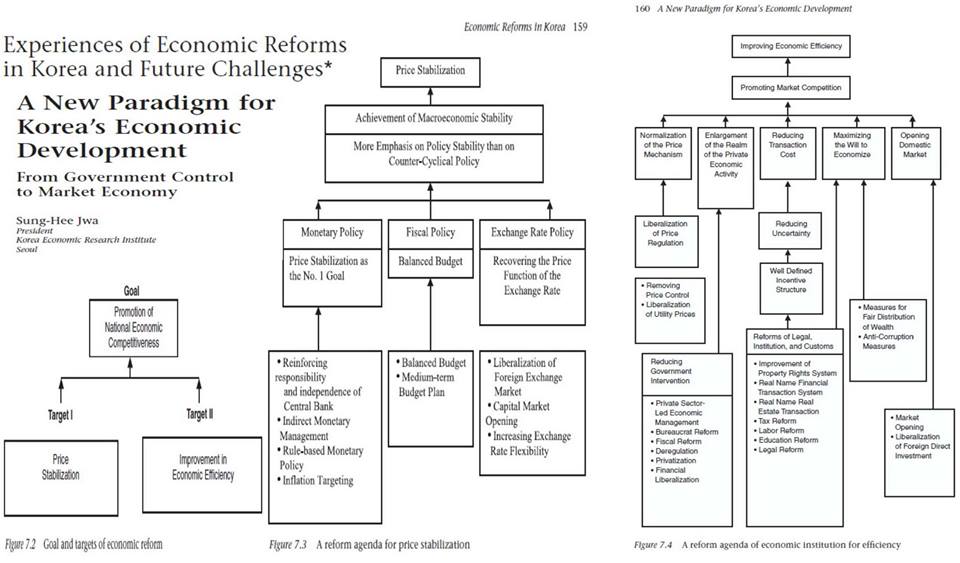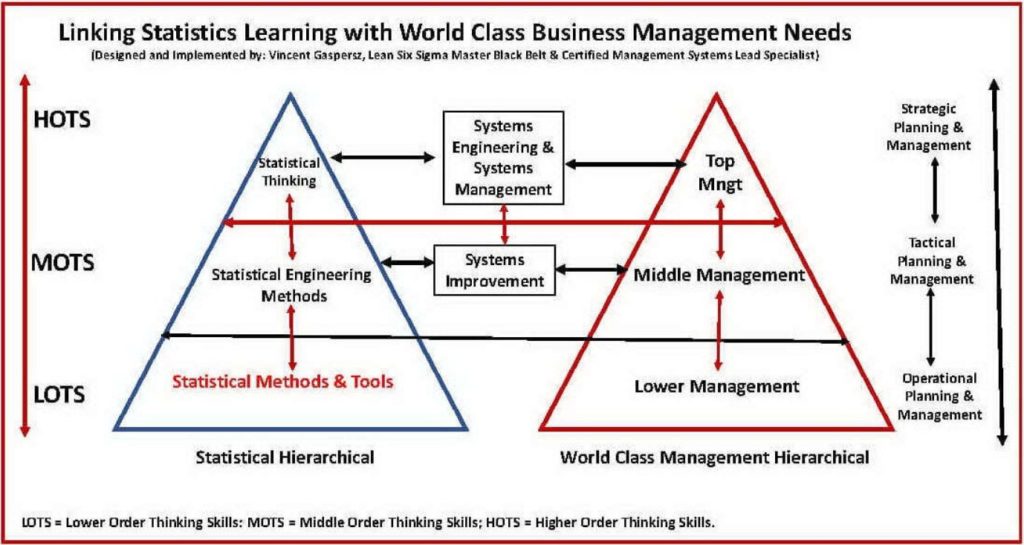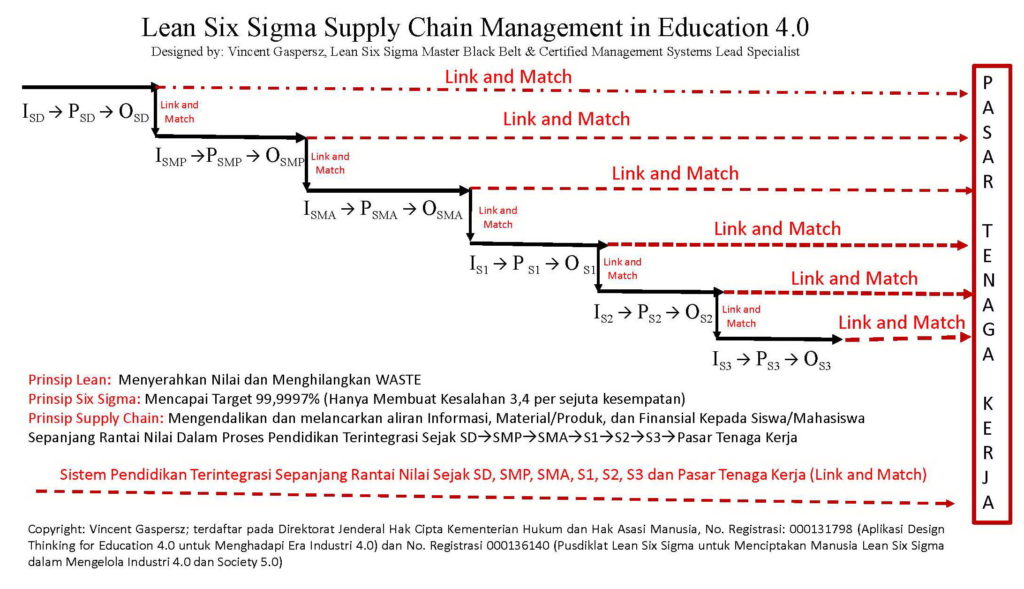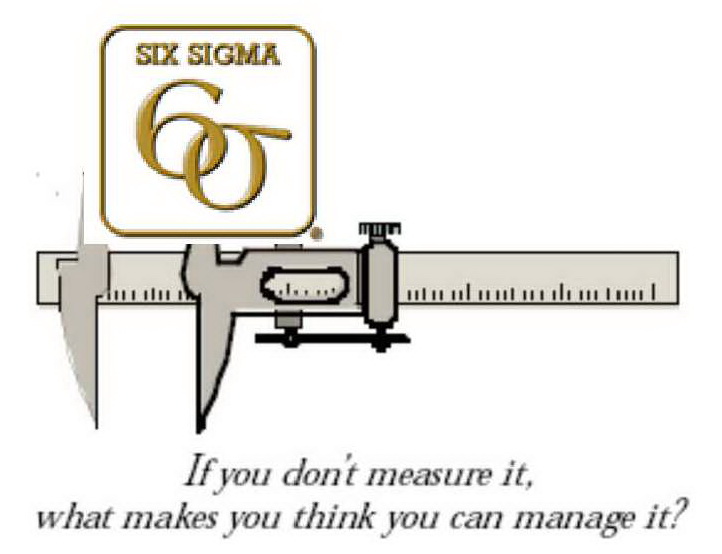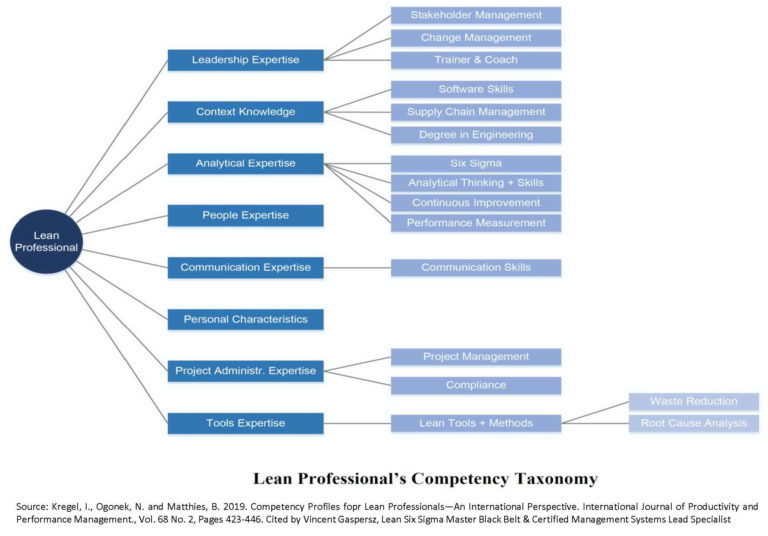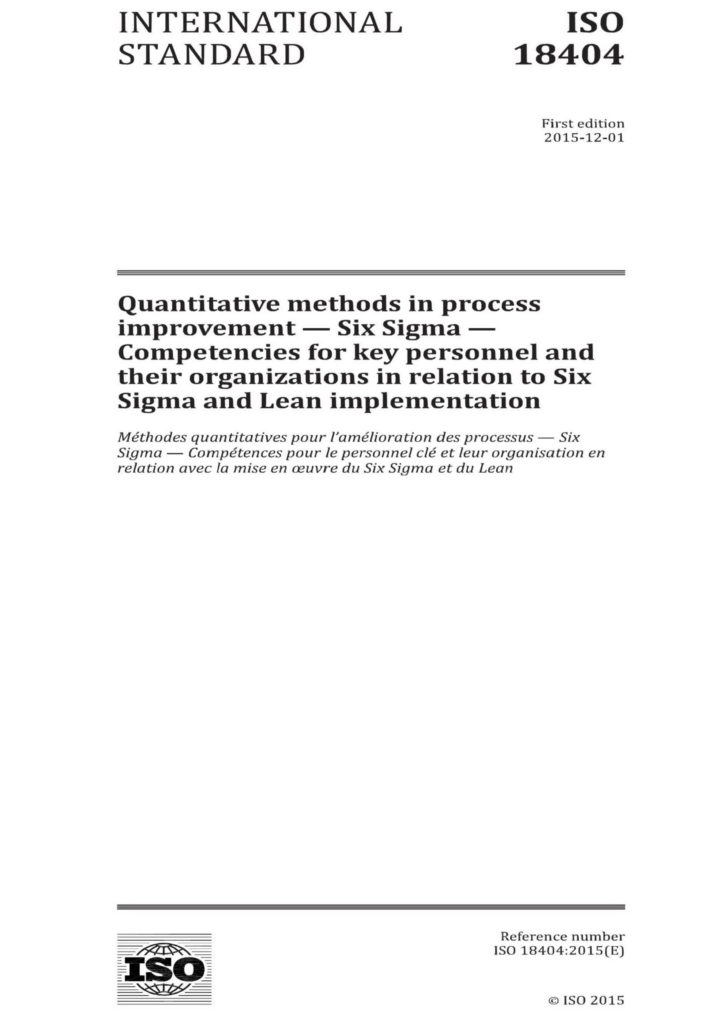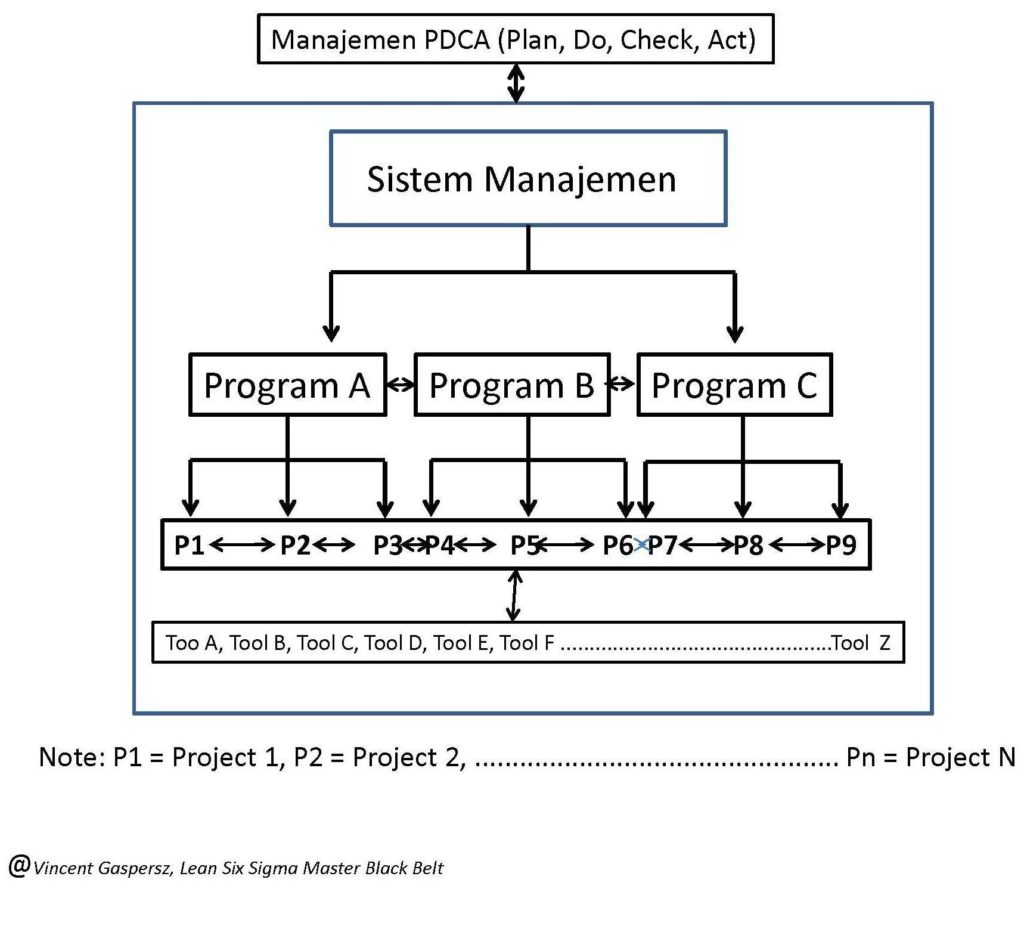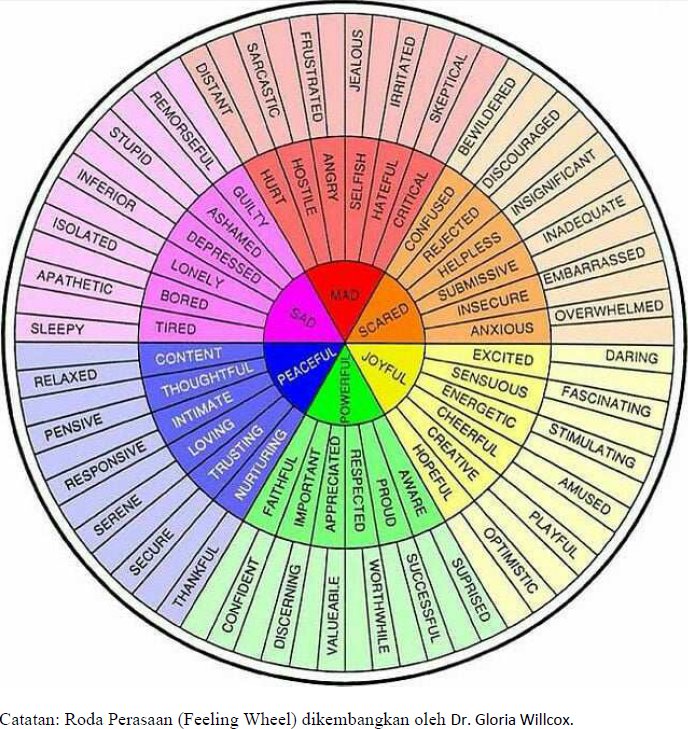-
Bahasa Indonesia
-
English
Oleh: Vincent Gaspersz, Lean Six Sigma Master Black Belt
American Society for Quality (www.asq.org) CMQ/OE, CQA, CSSBB, CQE, CQIA
American Production and Inventory Control Society (www.apics.org) CFPIM, CSCP
International Quality Federation (www.iqf.org) Six Sigma Master Black Belt
Registration Accreditation Board (www.exemplarglobal.org) Quality Management System Practitioner
Banyak orang dalam kalangan masyarakat Indonesia yang KURANG memahami prinsip-prinsip ekonomi makro SELALU memandang “HITAM-PUTIH” tentang apabila sistem ekonomi diserahkan kepada pasar (Market Economy), maka harga-harga akan naik dan berakibat NEGATIF bagi masyarakat berpenghasilan rendah Karena mereka akan TIDAK MAMPU mengikuti perkembangan harga-harga yang diserahkan kepada mekanisme pasar itu. Banyak KRITIK dilakukan seperti memunculkan istilah: menghidupkan aliran neo liberal, dll; kemudian memunculkan terminologi seperti lebih baik mengembangkan ekonomi kerakyatan berbasis Pancasila yang TIDAK JELAS model aplikasinya.
Seperti diketahui dalam teori ekonomi makro, tujuan dari ekonomi pasar (market economy) adalah menciptakan EFISIENSI dalam sistem perekonomian, sehingga produk-produk yang dihasilkan akan berkompetisi secara ketat di pasar, di mana harga-harga produk akan tergantung pada kualitas dan produktivitas dari sistem ekonomi yang nota bene berada dalam sektor-sektor primer (pertanian, peternakan, perikanan, kehutanan, perkebunan, pertambangan, dll); sector sekunder (industri pengolahan dan manufaktur); sektor jasa (industri jasa, perdagangan, perbankan, dll).
Korea Selatan yang SANGAT MAJU dalam perekonomian sehingga berubah dari negara miskin TANPA sumber daya alam pada tahun 1960-an menjadi negara kaya yang mengandalkan KOMPETENSI sumber daya manusia sekarang, TELAH membuktikan bahwa sistem perekonomian yang dikendalikan oleh pemerintah (government control) yang penuh ke-TIDAK EFISIEN-an itu apabila ditransformasikan menjadi ekonomi pasar (market economy) akan memberikan kemajuan ekonomi yang sangat pesat.
Kasus Korea Selatan ini dianggap sebagai perubahan paradigma baru dalam teori ekonomi pembangunan (pendekatan baru dalam ilmu ekonomi pembangunan).
Mengapa Korea Selatan SUCCESS melakukan transformasi sistem ekonomi dari Government Control menjadi Market Economy?
Perhatikan model pembangunan ekonomi baru dari Korea Selatan dalam Bagan Terlampir.
Pertama, Pemerintah Korea Selatan sejak 1960-an menetapkan sasaran utama, yaitu: Meningkatkan Daya Saing Sistem Perekonomian Nasional, dengan dua target utama, (1) STABILISASI HARGA, dan (2) MENINGKATKAN EFISIENSI EKONOMI.
Kemudian Target STABILISASI HARGA dilakukan dengan serangkaian kebijakan pemerintah seperti tampak dalam bagan terlampir.
Juga Target Peningkatan Efisiensi Ekonomi dilakukan dengan serangkaian kebijakan ekonomi.
Dan hal di atas yang menyebabkan Sistem Perekonomian Korea Selatan MAMPU mencapai target STABILISASI HARGA & EFISIENSI EKONOMI sekaligus sehingga meningkatkan daya saing perekonomian nasional Korea Selatan yang kita sekarang TELAH mengetahui bahwa produk-produk dari Korea Selatan telah memasuki pasar Global dan MAMPU bersaing dengan produk-produk dari negara maju lainnya.
KESIMPULAN: TIDAK BENAR bahwa sistem ekonomi berbasis mekanisme pasar akan membuat harga-harga meningkat sehingga memicu inflasi, dan bla bla bla, dstnya. Tampak bahwa Manajemen Sistem Ekonomi yang diterapkan menggunakan STRATEGI yang jelas (STABILISASI HARGA + EFISIENSI EKONOMI) akan mencapai SUCCESS GEMILANG.
Catatan: pada tulisan saya yang terdahulu pernah mengungkapkan bahwa jika kita ingin belajar tentang bagaimana aplikasi Pasal 33 dari UUD 1945, maka silakan datang ke Korea Selatan dan belajar yang BENAR (bukan asal studi banding) tentang bagaimana negara itu berhasil menerapkan Pasal 33 UUD 1945 yang sesungguhnya.
Salam SUCCESS
Is It True that Market Economy is WRONG?
By: Vincent Gaspersz, Lean Six Sigma Master Black Belt
American Society for Quality (www.asq.org) CMQ/OE, CQA, CSSBB, CQE, CQIA
American Production and Inventory Control Society (www.apics.org) CFPIM, CSCP
International Quality Federation (www.iqf.org) Six Sigma Master Black Belt
Registration Accreditation Board (www.exemplarglobal.org) Quality Management System Practitioner
Many people in Indonesian society who understand LESS about the macroeconomic principles ALWAYS see in “BLACK-WHITE” that when the economic system is left to the market (Market Economy), then the prices will rise and NEGATIVELY impact the low income people because they will NOT ABLE keep up to the development of the prices left to that market mechanism. Many CRITICS are done such as to coin the term: reviving the neo-liberalism, etc; then bringing up terminology such as: it is better to develop the people’s economy based on Pancasila, which has UNCLEAR model of application.
As known in macroeconomic theory, the purpose of the market economy is to create EFFICIENCY within the economic system, so that the produced products will compete tightly in the market, where the prices of the products will depend on the quality and productivity of the economic system, which incidentally is in the primary sectors (agriculture, livestock, fisheries, forestry, agriculture, mining, etc.); secondary sectors (processing and manufacturing industries); services sectors (service industry, commerce, banking, etc.).
South Korea, which is VERY ADVANCED in its economy, so that it changes from a poor country WITHOUT natural resources in the 1960s to currently become a rich country that relies on human resources COMPETENCY, HAS proven that the economic system that was controlled by the government (government control) and full of those INEFFICIENCIES, when it is transformed into market economy will provide very rapid economic progress.
This case of South Korea is regarded as a new paradigm shift in the economic development theory (new approach in the development economics).
Why does South Korea SUCCESSFULLY transform its economic system of Government Control into Market Economy?
Note the new economic development model of South Korea in the attached chart above.
Firstly, the Government of South Korea, since the 1960s, had set the main objective, namely: Improving the Competitiveness of the National Economic System, with two main targets, (1) PRICE STABILIZATION, and (2) IMPROVING ECONOMIC EFFICIENCY.
Then The PRICE STABILIZATION Target was done by a series of government policies as shown in the attached chart above.
Moreover The Improving Economic Efficiency Target was also done by a series of economic policies.
And those instances above that cause South Korea’s Economic System to be ABLE to simultaneously reach the targets of PRICE STABILIZATION & ECONOMIC EFFICIENCY, thereby enhancing the competitiveness of South Korea’s national economy that we HAVE known now that the products from South Korea has entered the Global market and are ABLE to compete with the products from the other developed countries.
CONCLUSION: it is NOT TRUE that the market-based economic system will make prices rise, trigger inflation, and blah blah blah, so on. It appears that the Economic System Management that is applied using a clear STRATEGY (PRICE STABILIZATION + ECONOMIC EFFICIENCY) will reach BRILLIANT SUCCESS.
Note: in my previous article, I had revealed that if we want to learn about how the application of Article 33 of the 1945 Constitution, then please go to South Korea and CORRECTLY learn (not a mere comparative study) about how that country is successful in implementing the real Article 33 of the 1945 Constitution.
Best Regards for SUCCESS
